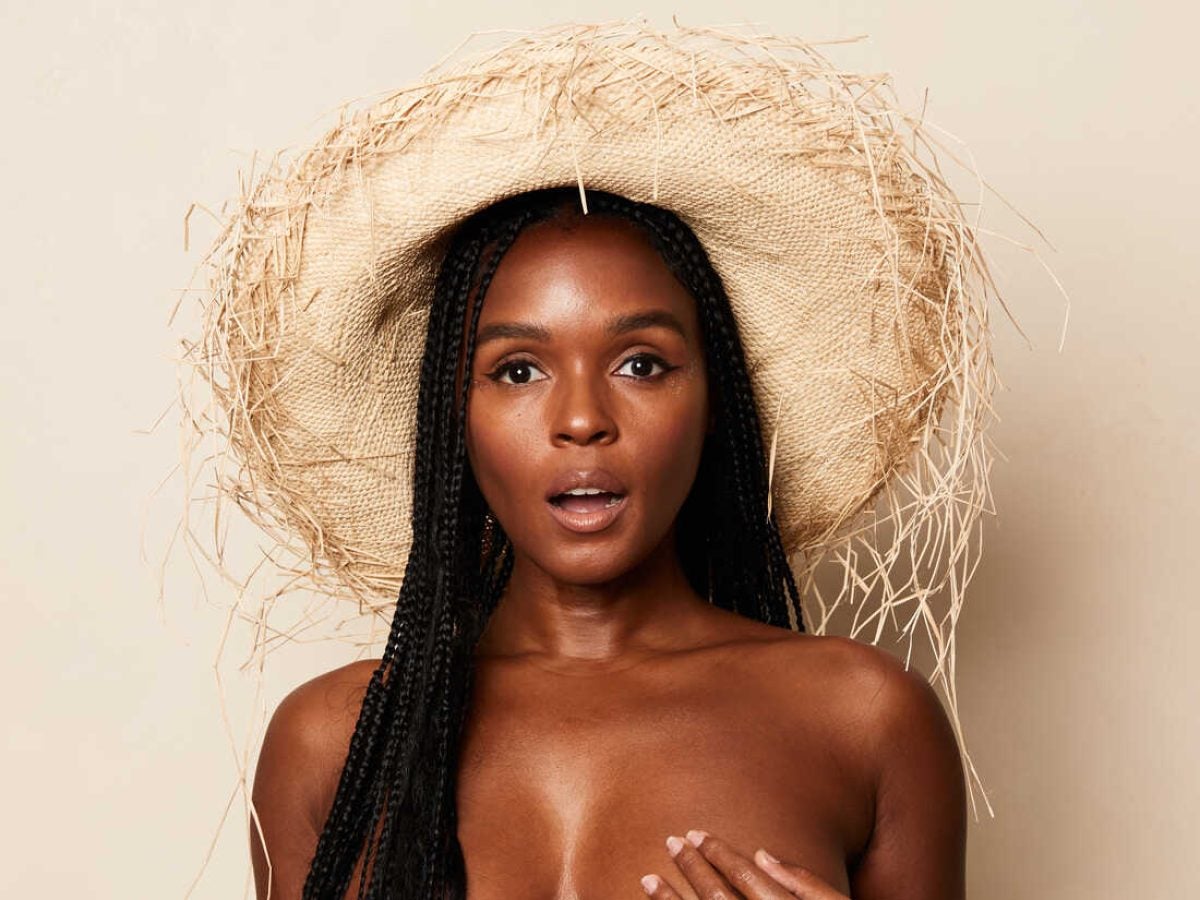
Since the release of their solo debut in 2010, Janelle Monáe has reached the heights of the entertainment industry. Critically acclaimed albums, award-winning films and the like, this talented musician’s artistry has been second to none, and they continue to push the envelope through their work. In what has become a dynamic shift from earlier records, Monáe has blended together the genres of Afrobeats, pop, R&B, reggae and soul to create an anthem for liberation, sexuality, and self-love with The Age of Pleasure.
Clocking in at just over 30 minutes, Monáe’s new body of work is autobiographical in a way, focusing on their current state – whether it be in life, music, or otherwise. Their three previous projects – The ArchAndroid, The Electric Lady, and Dirty Computer – were science fiction themed albums that told the story of Cindi Mayweather and the city of Metropolis. The Age of Pleasure moved away from this concept, and serves as a celebration of freedom, and a break from the restrictions of social and societal norms.
The album begins with the Seun Kuti & Egypt 80-assisted “Float.” During the song’s opening seconds, Monáe can be heard saying, “No, I’m not the same; I think I done changed,” which perfectly sets the tone for the remainder of the LP. The introductory track is followed by “Champagne Shit,” “Black Sugar Beach,” and the boisterous “Phenomenal,” which features Top Dawg Entertainment’s rising star, Doechii. During the latter, Janelle tells their listeners, “I’m looking at a thousand versions of myself, and we’re all fine as f*ck,” a powerful ode to the overarching theme of self-confidence, one that can be heard over the duration of the Kansas City native’s fourth studio release.
After “Haute,” the legendary Grace Jones makes an appearance on The Age of Pleasure on the brief but important interlude “Oooh La La.” In the subsequent songs, the 37-year-old takes the audience on a queer experience of love and pleasure, starting with the album’s second and most popular single, “Lipstick Lover.” “The Rush,” which contains special guests Nia Long and Ghanaian singer Amaarae, is a passionate account of how intoxicating it is to enjoy the company and physical interaction with that special someone.







Throughout the album, the influence of reggae and Afrobeats is blatantly present. Jamaican dancehall legend Sister Nancy is the focus of “The French 75,” further perpetuating the nostalgia of the project. From Nate Wonder’s unique production, to the impact of Kuti & Egypt 80 on the aforementioned “Float” and “Know Better” with CKay, the Caribbean, along with the rest of the diaspora is properly represented by Monáe’s 14-song soundtrack to the summer.
Monáe concludes their record with the polyamorous “Only Have Eyes 42,” the the beautiful “A Dry Red.” Although the message of being free may be its most dominant, The Age of Pleasure is also about true connection. As each track merges together, seemingly becoming one, it is an appropriate metaphor for the inclusion of all, regardless of gender, race, or sexual preference. This album presents a safe space for the LGBTQIA+ community, in addition to providing an opportunity for outside demographics to understand and accept varying perspectives.
The Age of Pleasure is perhaps the Grammy-nominated artist’s most gratifying release to date. Experimenting with new sounds, along with reaching higher levels of transparency in both her life and career, Monáe has forever changed the narrative of who they are, and how they want to be known as a musician. So, however long they decide to live in this new age, just know that it’s a time of joy, beauty, and positivity in every sense of the word.








